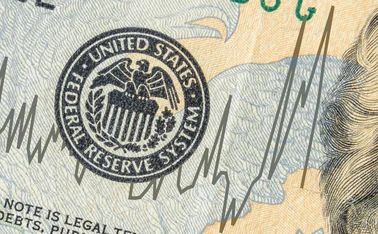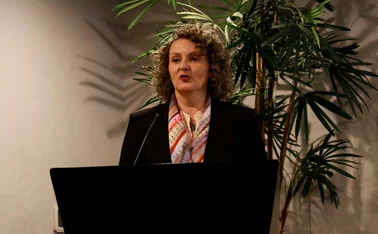
Central banks shy away from euro reserves

Central banks have slowed their accumulation of foreign exchange reserves, and in some cases reduced their allocation to the euro as a result of ongoing instability in the eurozone, according to the latest reserves data from the International Monetary Fund.
During the second quarter, the total foreign exchange holdings of the 139 reporting entities recorded by the IMF's Currency Composition of Official Foreign Exchange Reserves (Cofer) database reached $10.08 trillion; an increase from the $8.4
Only users who have a paid subscription or are part of a corporate subscription are able to print or copy content.
To access these options, along with all other subscription benefits, please contact info@centralbanking.com or view our subscription options here: http://subscriptions.centralbanking.com/subscribe
You are currently unable to print this content. Please contact info@centralbanking.com to find out more.
You are currently unable to copy this content. Please contact info@centralbanking.com to find out more.
Copyright Infopro Digital Limited. All rights reserved.
As outlined in our terms and conditions, https://www.infopro-digital.com/terms-and-conditions/subscriptions/ (point 2.4), printing is limited to a single copy.
If you would like to purchase additional rights please email info@centralbanking.com
Copyright Infopro Digital Limited. All rights reserved.
You may share this content using our article tools. As outlined in our terms and conditions, https://www.infopro-digital.com/terms-and-conditions/subscriptions/ (clause 2.4), an Authorised User may only make one copy of the materials for their own personal use. You must also comply with the restrictions in clause 2.5.
If you would like to purchase additional rights please email info@centralbanking.com







